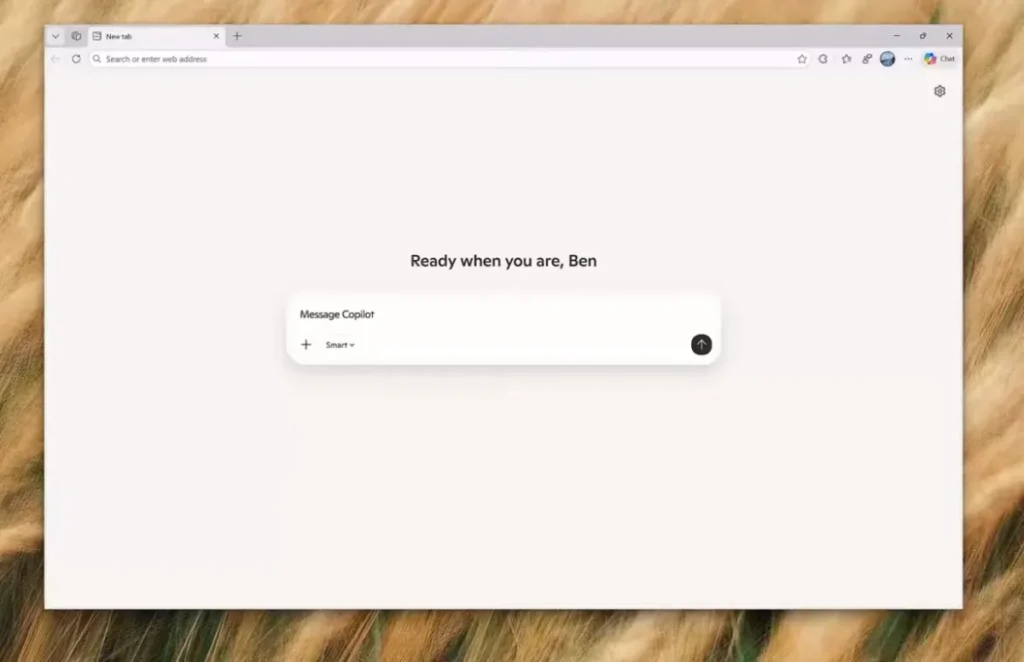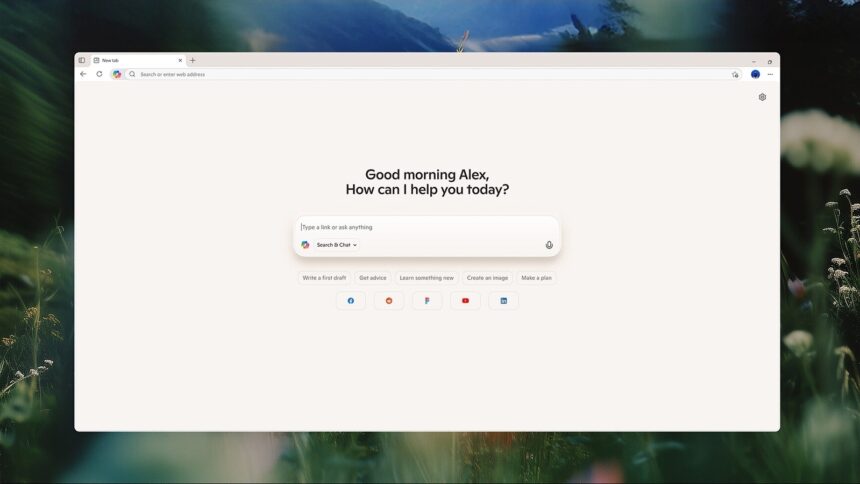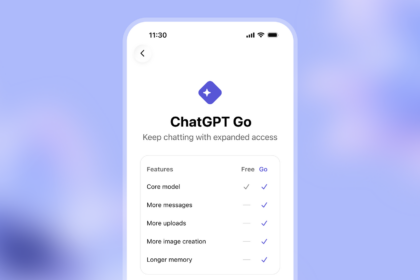Microsoft has unveiled a major update for its AI assistant, introducing a bold step toward transforming Edge into what the company calls an “AI browser.” The new Copilot Mode, released on Thursday, aims to make web browsing more interactive and intelligent by embedding AI directly into the browser experience.
Described as more than a sidebar assistant, the upgraded Copilot can now see and reason over open tabs, summarise or compare information, and even perform actions like booking a hotel or filling out online forms — all with user consent.
“Copilot Mode in Edge is evolving into an AI browser that is your dynamic, intelligent companion,” said Mustafa Suleyman, CEO of Microsoft AI, in the official announcement.
A New Wave of AI Browsers
Microsoft’s reveal came just two days after OpenAI showcased its own Atlas browser, a product built around similar principles of conversational and task-based browsing. While both companies have been developing their AI browsers for months, the timing — and visual resemblance between the two — has drawn plenty of attention.

Side-by-side, the demo interfaces for Copilot in Edge and OpenAI’s Atlas look strikingly alike. Microsoft’s version has darker tones and uses the familiar Windows-style window controls, while OpenAI’s opts for a macOS look. Functionally, however, both display an AI chat panel that sits beside the browsing window, capable of analysing page content and assisting in real time.
Of course, some overlap is inevitable — browsers have limited design room, and users generally prefer clean layouts. The real difference will come down to AI performance, not aesthetics. Edge’s Copilot draws from Microsoft’s own AI stack, while Atlas relies on OpenAI’s in-house models.
The AI Race Moves to the Browser
The simultaneous launches underline how the AI competition between Microsoft and OpenAI continues to evolve — this time, at the gateway to the internet itself. For both companies, the browser represents an ideal place to blend generative AI with everyday tasks like research, shopping, and productivity.
While it’s too early to tell which approach will resonate more with users, one thing is clear: the humble web browser is fast becoming the next battleground for artificial intelligence.










